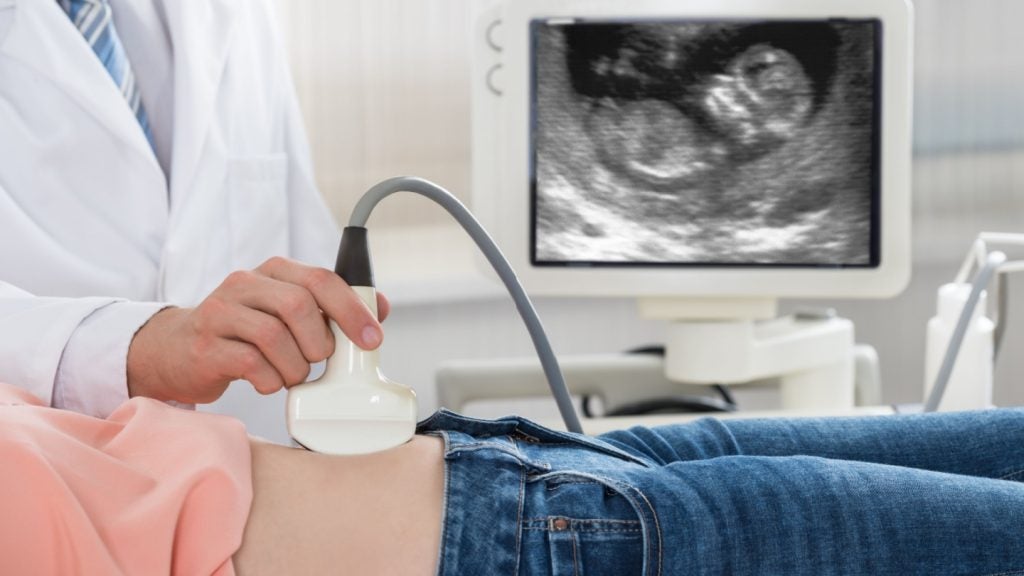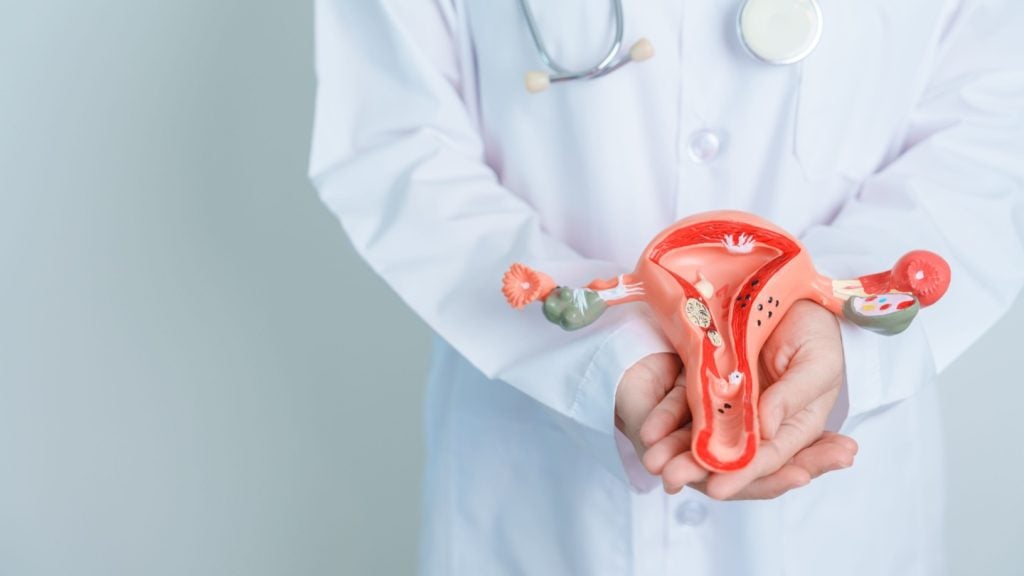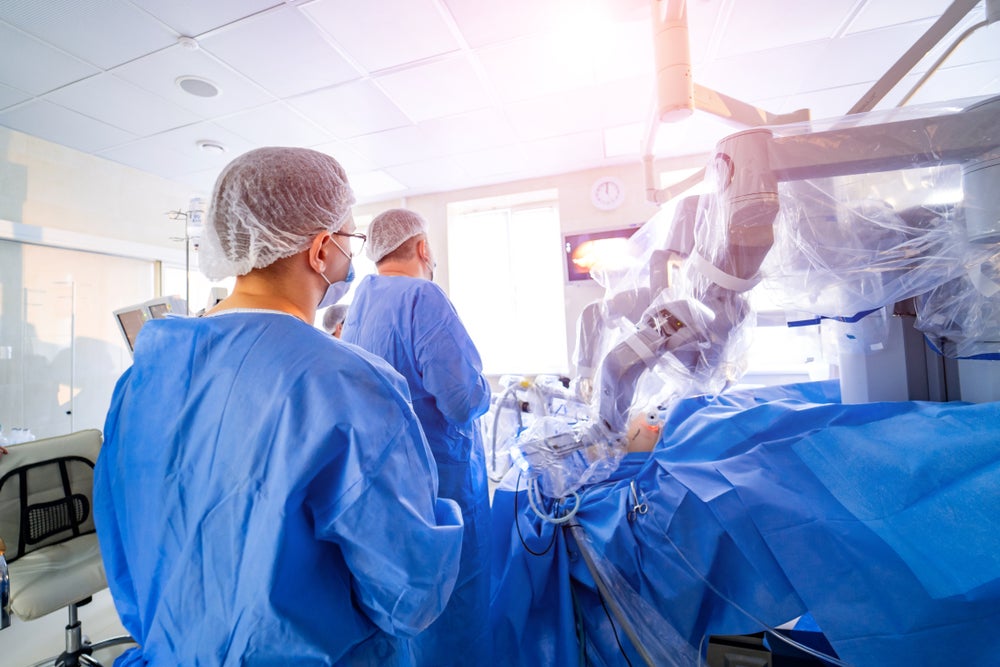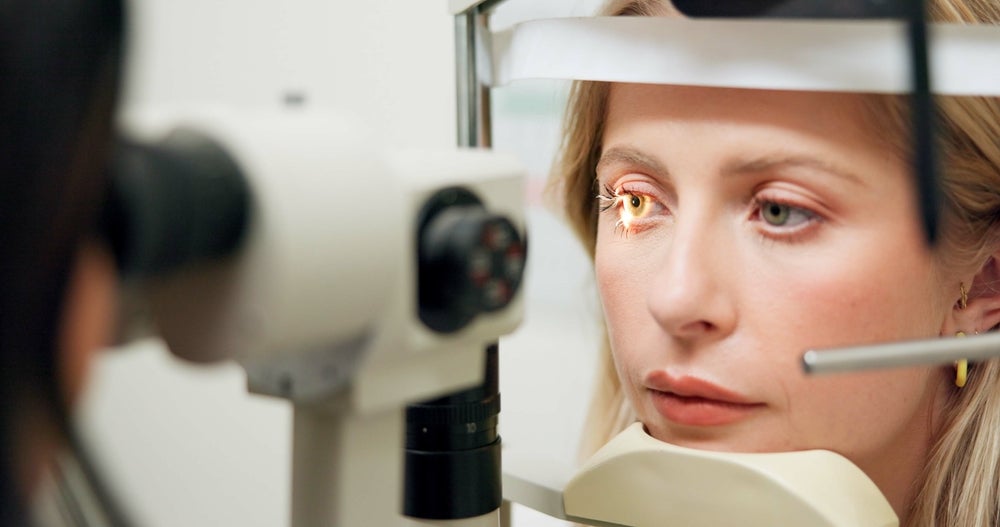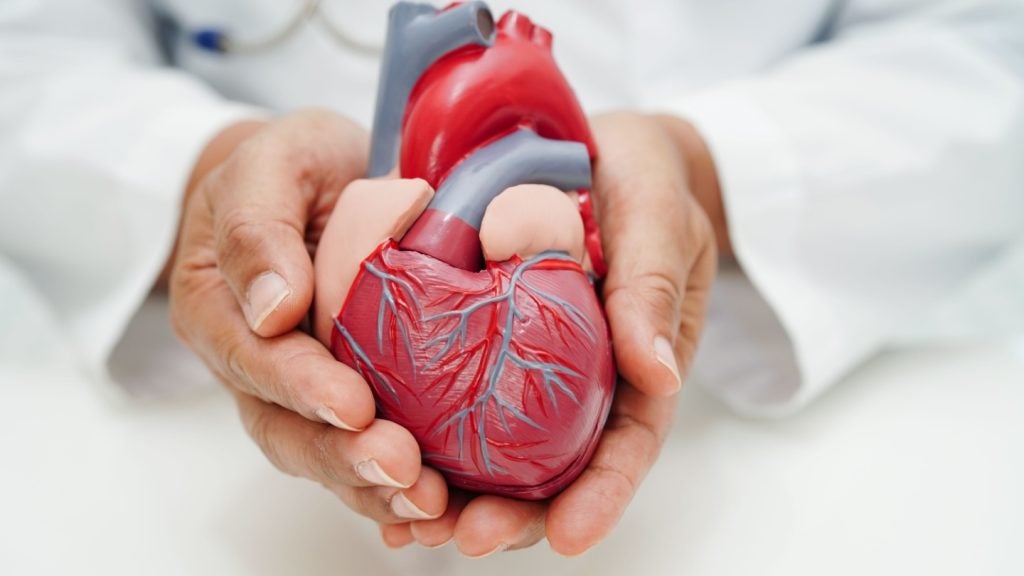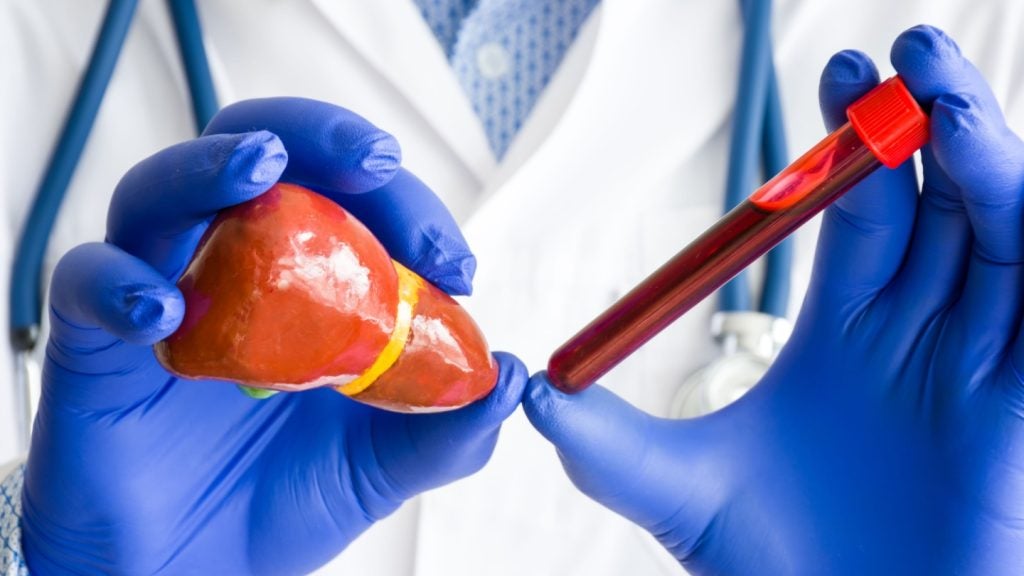BrightHeart has received the US Food and Drug Administration (FDA) 510(k) clearance for its AI software to transform the foetal heart’s prenatal ultrasound evaluations.
This development represents an advancement in the detection of congenital heart defects (CHDs).
The new AI software from BrightHeart is designed to improve the accuracy of detecting morphological abnormalities that suggest CHDs during foetal heart ultrasound exams.
These exams are crucial, as nearly one in every 100 newborns is affected by CHDs. Misdiagnosis or delays can lead to serious consequences.
BrightHeart's technology is claimed to be tailored to fit seamlessly into current medical workflows, alleviating the strain on overburdened sonographers and OB/GYNs.
The software automates required parts of the evaluation process, saves time and enhances diagnostic precision in practices facing resource limitations.
With the FDA's approval, BrightHeart is gearing up for its commercial launch in the US, aiming to expand its operations and introduce its advanced solution to clinics and hospitals nationwide.
BrightHeart CEO Cécile Dupont said: “Foetal heart assessments are among the most technically demanding aspects of prenatal ultrasound.
“Our AI-powered solution not only assists clinicians in detecting signs of potential abnormalities earlier but also enhances their confidence in confirming normal findings, which is equally critical for the peace of mind of expectant families.”
Paris-based BrightHeart is a medical device company, and a part of Sofinnova MD Start, an accelerator programme by Sofinnova Partners.
BrightHeart chairman Michael Butchko said: “Resource constraints and workforce shortages are critical challenges in prenatal care, and we believe BrightHeart is uniquely positioned to address them.
“In this next phase, we aim to deliver our transformative technology to clinicians and expectant families, making a measurable impact on prenatal care outcomes.”
In May 2023, the company raised €2m ($2.1m) from Sofinnova Partners to develop its AI technology for detecting heart conditions in foetuses.


